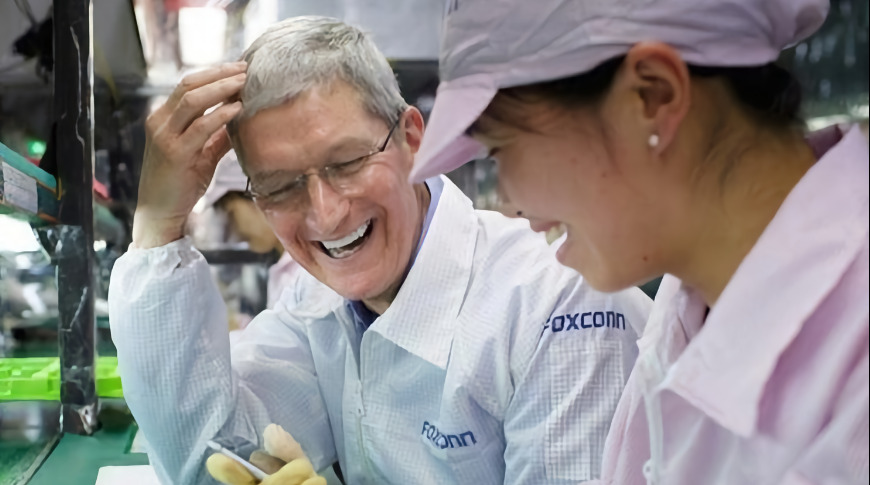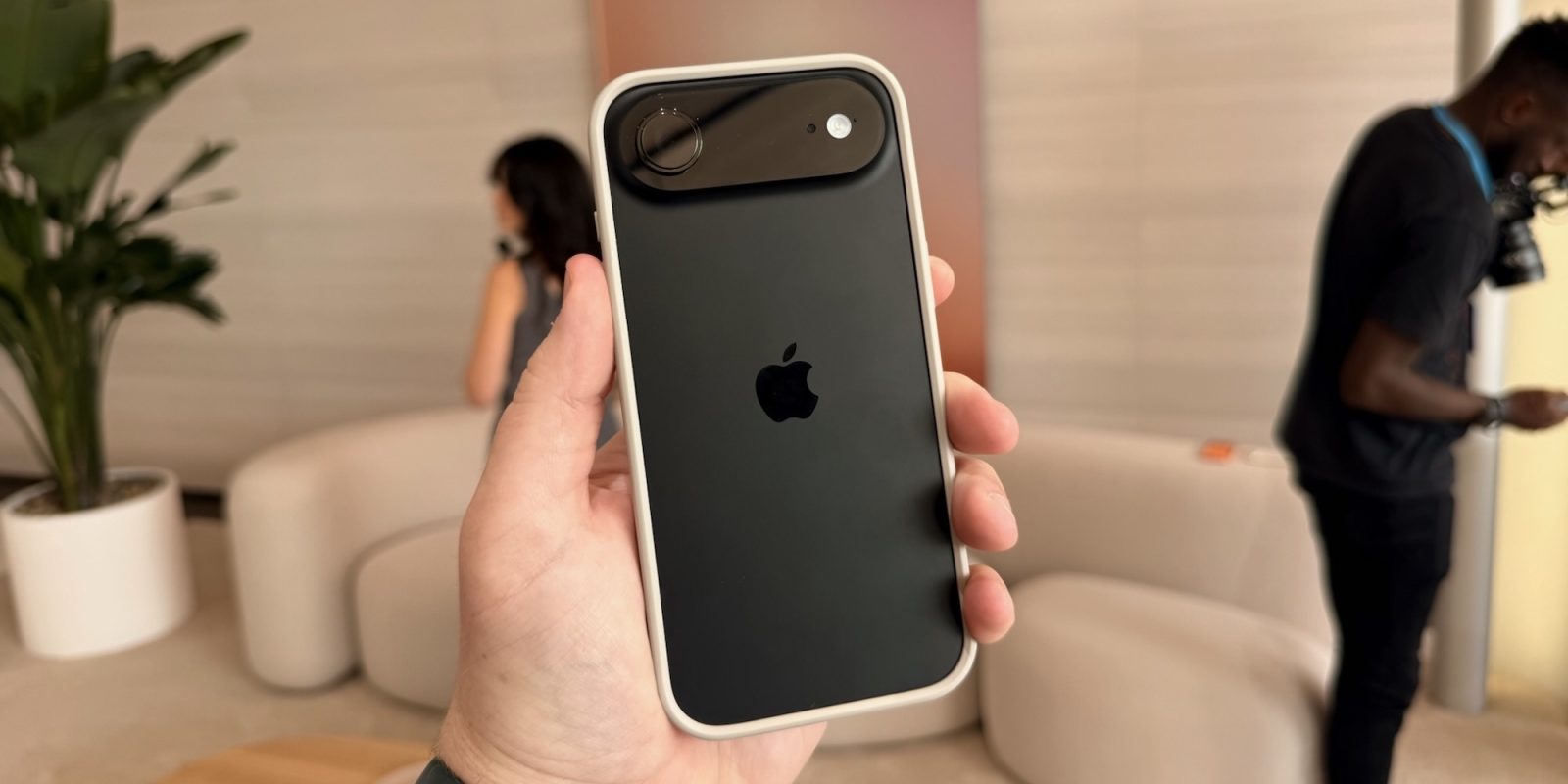Intel Corporation’s Chief Executive Officer, Lip-Bu Tan, is currently navigating a tumultuous period marked by political scrutiny and internal discord. Appointed in March 2025 to spearhead Intel’s turnaround, Tan’s leadership is now under intense examination from both the U.S. government and the company’s board of directors.
Political Backlash and National Security Concerns
The controversy intensified when President Donald Trump publicly demanded Tan’s immediate resignation, citing alleged conflicts of interest due to Tan’s previous investments in Chinese technology firms. Trump’s statement on Truth Social labeled Tan as highly conflicted, referencing his past financial ties to companies with connections to the Chinese Communist Party and the People’s Liberation Army. This public condemnation followed a letter from Senator Tom Cotton to Intel’s board, questioning Tan’s ability to lead the company without compromising U.S. national security interests. ([apnews.com](https://apnews.com/article/492a8d9353cd2396ec03ce1d844d0fd4?utm_source=openai))
Tan, a Malaysian-born naturalized American, has a history of investments in numerous Chinese tech companies through his venture capital firm, Walden International. Additionally, during his tenure as CEO of Cadence Design Systems from 2009 to 2021, the company faced legal challenges for violating U.S. export controls by selling technology to a Chinese military-affiliated university. These past associations have raised concerns about potential conflicts of interest in his current role at Intel. ([ft.com](https://www.ft.com/content/42b32597-97f7-4f12-b9bf-5ea4da2a483b?utm_source=openai))
Internal Struggles and Strategic Disagreements
Internally, Tan’s leadership has been met with resistance from Intel’s board and senior management. His aggressive cost-cutting measures, including significant layoffs and the cancellation of several projects, have created friction within the company. Tan’s decision to scale back factory expansion plans in favor of a demand-driven approach has also clashed with the Trump administration’s push for aggressive domestic manufacturing, further complicating Intel’s strategic direction. ([reuters.com](https://www.reuters.com/world/asia-pacific/trump-call-oust-intel-ceo-tan-could-sidetrack-chipmakers-turnaround-2025-08-08/?utm_source=openai))
In response to the mounting criticism, Tan addressed Intel employees, denouncing the misinformation surrounding his professional background. He emphasized his commitment to U.S. national and economic security, aligning with the administration’s America First agenda. Intel has stated that it is engaging with the government to resolve concerns and ensure transparency. ([apnews.com](https://apnews.com/article/492a8d9353cd2396ec03ce1d844d0fd4?utm_source=openai))
Market Reactions and Future Outlook
The political and internal turmoil has had a tangible impact on Intel’s market performance. Following President Trump’s call for Tan’s resignation, Intel’s stock experienced a decline, reflecting investor apprehension about the company’s leadership stability and strategic direction. ([axios.com](https://www.axios.com/newsletters/axios-closer-0f20e9b0-73b7-11f0-8109-2b432a007250?utm_source=openai))
As Intel continues to navigate these challenges, the company’s future hinges on its ability to address national security concerns, align its strategic initiatives with governmental expectations, and restore investor confidence. The coming months will be critical in determining whether Tan can successfully lead Intel through this period of heightened scrutiny and internal discord.



